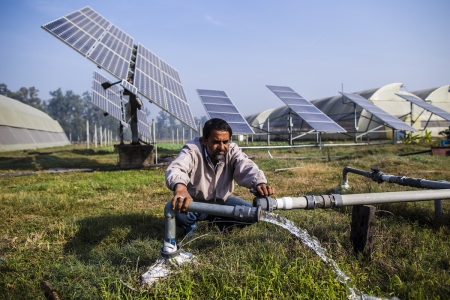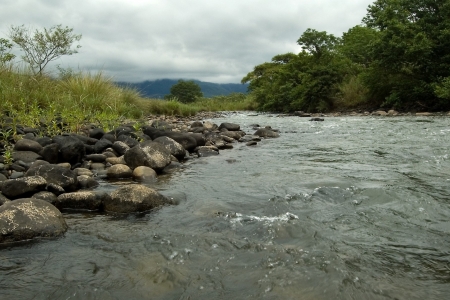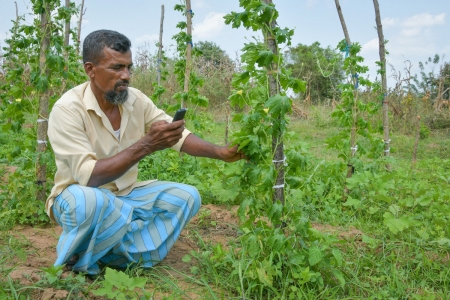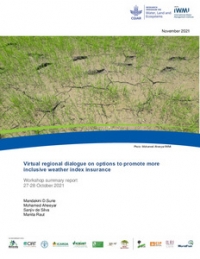As part of the GWP supported Water Security Taskforce, we propose a systematic analysis of water risks and outcomes for food security, to be conducted with the IMPACT model. The “water risks” will be reflected by inter- and intra-annual variability of spatially explicit hydroclimatic series, which drive the biophysical modules of the IMPACT model. Consequences of the hydroclimatic, temporo-spatial variations will be transmitted from biophysical modules to the agricultural economic model, such that the food security outcomes of water risks can be derived. More specifically on the “water risks” scenarios, we will first simulate long-term climatology, such that water demand and supply as well as food production and trade under average climate condition can be established. In a second step, we will identify sequences of drought years for each Food Producing Unit (FPU) and each economic region in the IMPACT model from hydroclimatic forcing data, and assess the severity of such drought sequences based on indices, and characteristics of drought occurrences and severity will be statistically quantified. In a third step we will assess food production and trade effects of droughts for the identified drought year sequences in affected FPUs and economic regions, by comparing the outcomes with those under average climate condition for various RCPs. Based on those results and comparisons, we will be able to draw conclusions with respect to the impacts of water risks on food security outcomes. In addition to the assessment of extreme events, several long-term climate change scenarios will be assessed with IMPACT, to identify additional water risks that climate change may impose on managed freshwater systems, and therefore the impacts on food security. Although the impacts of climate change are expected to be more pronounced in the distant future, hydroclimatic risks may be exacerbated by climate change, and thus larger impacts on food security outcomes are likely, in particular under poor weather conditions.
menu

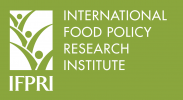
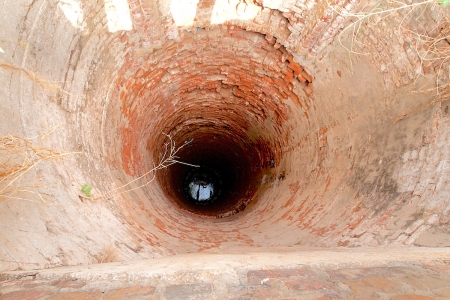


/index.jpg?itok=EzuBHOXY&c=feafd7f5ab7d60c363652d23929d0aee)


